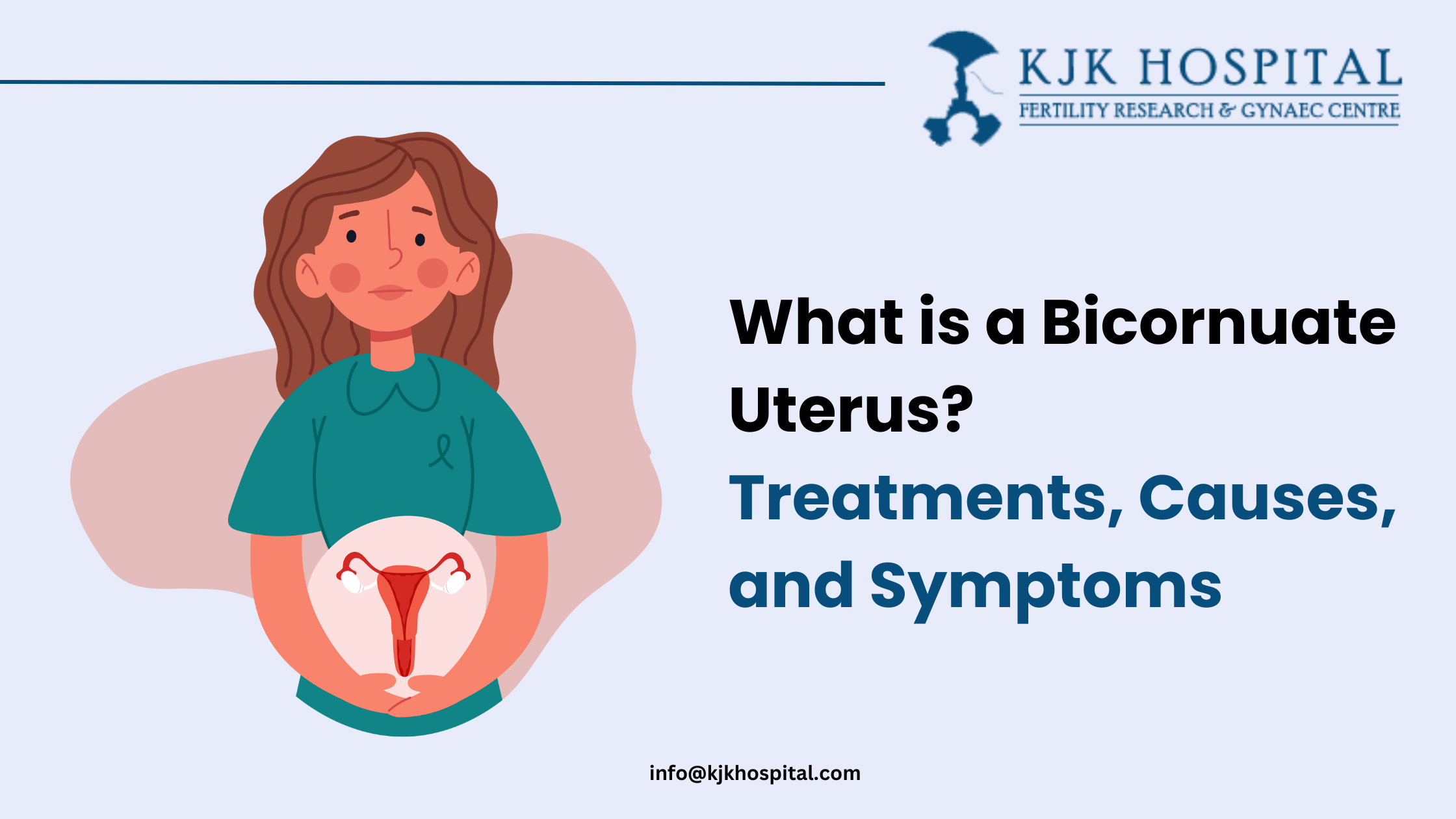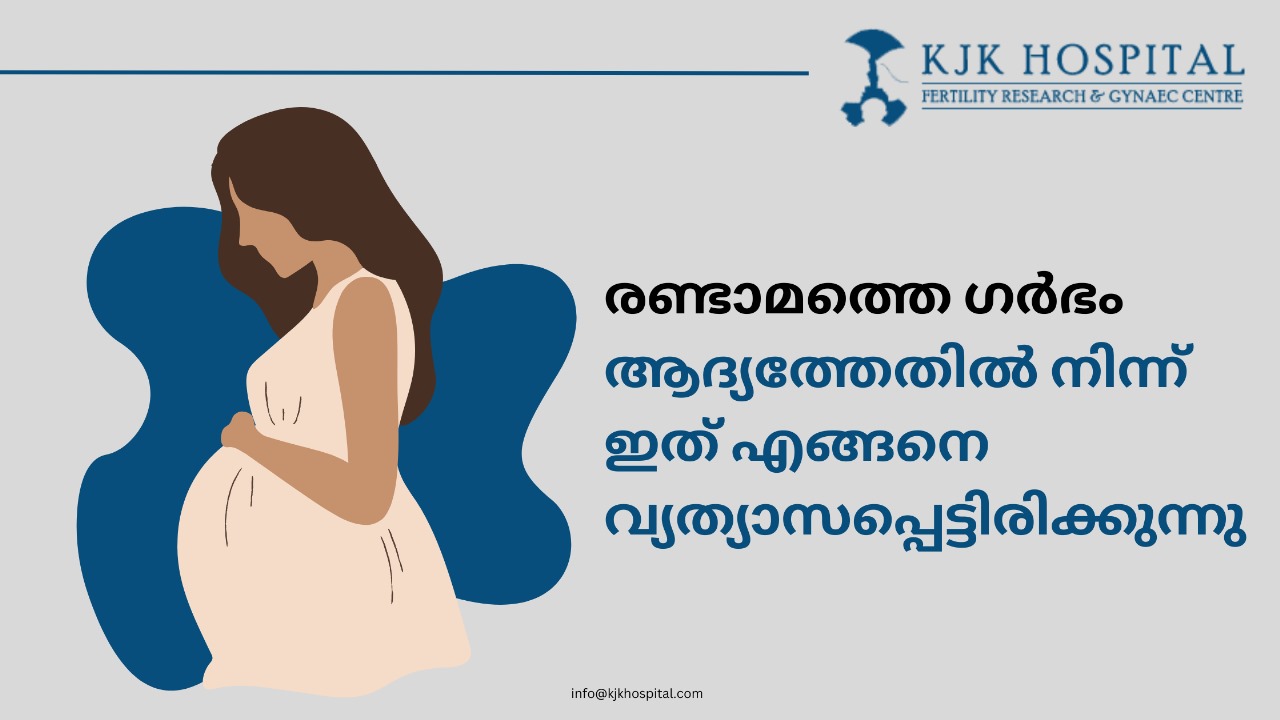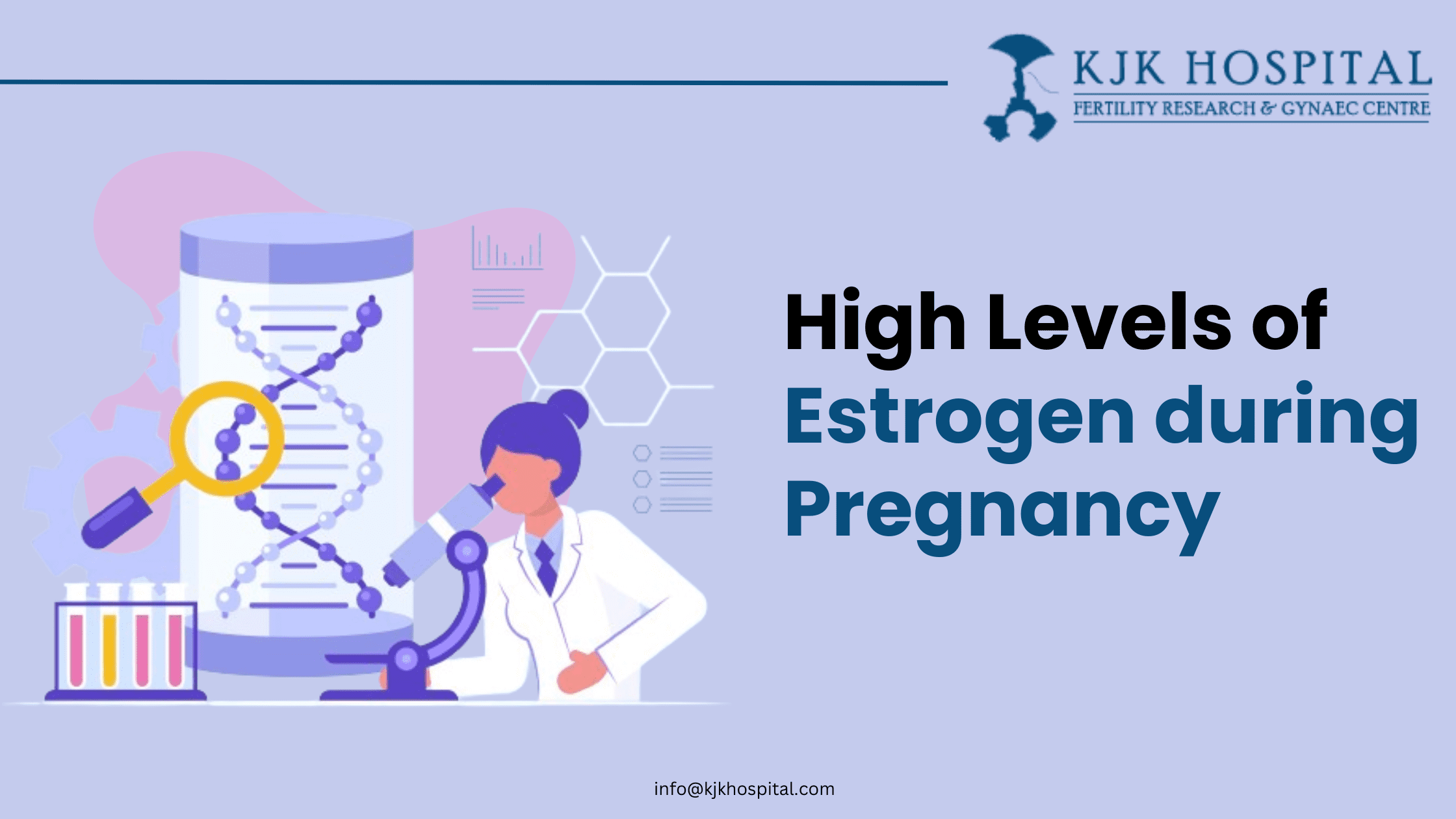Pregnancy in the most usual cases is quite a positive experience and it is one that should continue smoothly without encountering much challenges. But in some unusual cases, say in about 20 to 30 percent of them a pregnancy could be termed as high-risk. A high-risk pregnancy is one where there could be complications, sometimes even life-threatening for both the mother and the baby. A number of factors can contribute to a pregnancy being high-risk and sometimes pregnancies that start off problem-free can also turn into a high-risk one.
While the factors that most likely lead to high-risk pregnancies cannot often be prevented, these can be easily managed. A specialist intervention at the right time in a high-risk pregnancy can in many ways help with better outcomes for the mother and the baby. Some of the factors for a high-risk pregnancy can include a maternal age that is above 40 years, various lifestyle choices, underlying medical issues like high blood pressure, thyroid, obesity, diabetes, asthma, epilepsy, cancer, autoimmune diseases or so, an obstetric history that points to previous pregnancies that posed challenges.
Some challenges can also arise during the course of the pregnancy like preeclampsia, gestational diabetes, birth defects, pre-term labor, multiple pregnancies or certain issues affecting the normal growth of the baby. Each of these problems require bespoke care on the part of the medical team as no two cases are the same. It is perhaps for this reason that there is even a specialist OB/GYN called a Perinatalogist that specializes in dealing with such high-risk category pregnancies.
The first step to managing a high-risk pregnancy is to stay well-informed. It is imperative to be aware and understand the risks associated with the specific condition and also make sure the information is accurate and reliable. Scheduling a preconception counseling can do a world of good to know options in the case if the mother-to-be is prone to risk factors even before getting pregnant.
Ensure any underlying health issues are discussed before hand with the doctor so a treatment plan that can minimize the chances of a high-risk pregnancy can be formulated. Another key step is following a healthy life that includes eating nutritious meals, doing moderate physical activity and maintaining a healthy weight, staying away from smoking or alcohol and practicing self-care.
In the case of high-risk pregnancy, the prenatal care will also be modified as per specific conditions. The doctor can order certain tests or screenings different from the normally ordered ones if the condition requires it for better monitoring of the issue. A targeted ultrasound can target to screen abnormalities present in the baby. A prenatal cell-free DNA screening can examine the presence of chromosomal abnormalities in the fetus.
The doctor can perform a nonstress test to examine the heart rate of the baby. A biophysical profile can offer a complete health profile of the fetus. Certain lab tests like urine and blood test can identify whether the fetus has caught any infections like UTI, HIV.
A scan that checks the cervical length of the baby can help to determine whether a preterm delivery may be required or not.







